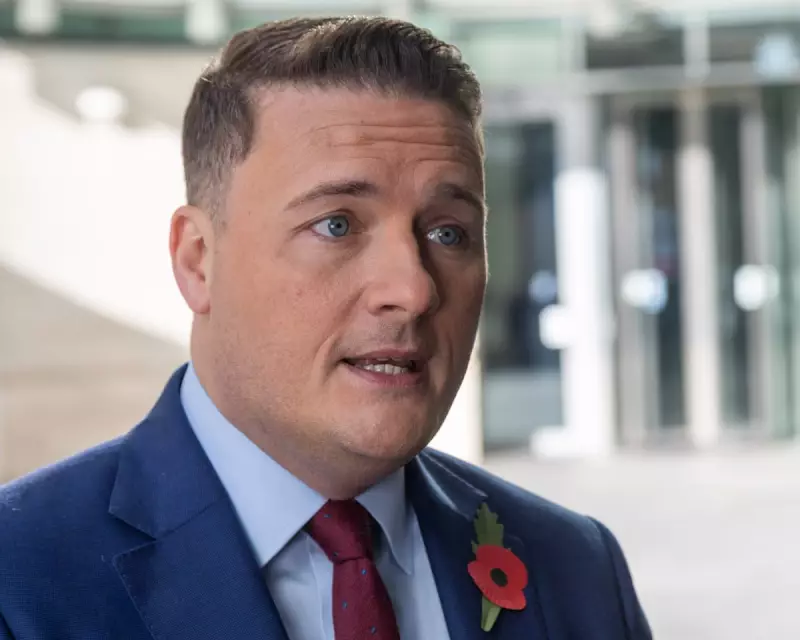
The National Health Service is bracing for significant disruption as junior doctors in England confirmed they will proceed with a five-day strike next week, following the rejection of what Health Secretary Wes Streeting described as a "final" pay offer.
Last-Ditch Negotiations Fail
In a dramatic turn of events, eleventh-hour talks between the British Medical Association (BMA) and the Department of Health collapsed late Tuesday. The proposed deal, which Mr Streeting had hoped would avert industrial action, was overwhelmingly rejected by junior doctor representatives who deemed it insufficient to address years of real-terms pay erosion.
Strike Dates and Impact
The walkout is scheduled to begin at 7am on Tuesday, November 11th, and continue until Saturday, November 15th. This marks the latest escalation in the long-running dispute over pay and working conditions that has seen multiple strikes over the past two years.
Hospital trusts across England are now implementing emergency plans, with thousands of routine appointments and non-urgent procedures expected to be cancelled or rescheduled. Consultants and other senior medical staff will be redeployed to provide emergency cover during the five-day action.
The Core Disagreement
While the government had described its offer as "fair and reasonable," the BMA's junior doctors committee argued it failed to make meaningful progress toward restoring pay levels that have declined by more than a quarter since 2008.
Dr. Sumi Sivasubramanian, co-chair of the BMA's junior doctors committee, stated: "After years of pay cuts and worsening working conditions, our members have made it clear that warm words are not enough. We need concrete action to address the recruitment and retention crisis that is crippling our health service."
Government's Position
Health Secretary Wes Streeting expressed disappointment at the breakdown in negotiations, telling reporters: "I had hoped we could reach a settlement that would avoid further disruption to patients. While we made a serious offer that reflects the challenging economic circumstances, it appears we remain some distance apart on the key issues."
What This Means for Patients
- Emergency care will remain available during the strike period
- Urgent and cancer treatments will be prioritised
- Many routine appointments and elective procedures will be postponed
- Patients with scheduled appointments should attend unless contacted directly
- NHS 111 and GP services will operate as normal
The coming strike represents another significant challenge for an NHS already grappling with winter pressures, growing waiting lists, and ongoing staffing shortages across multiple specialities.





